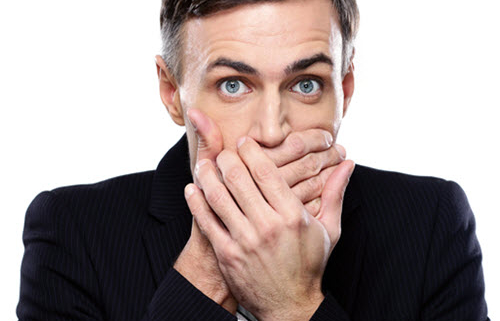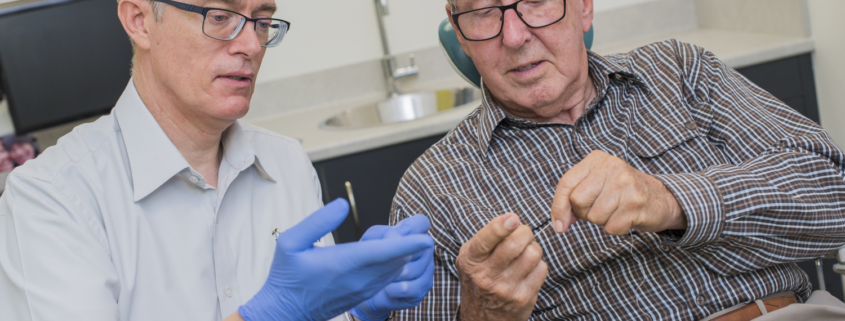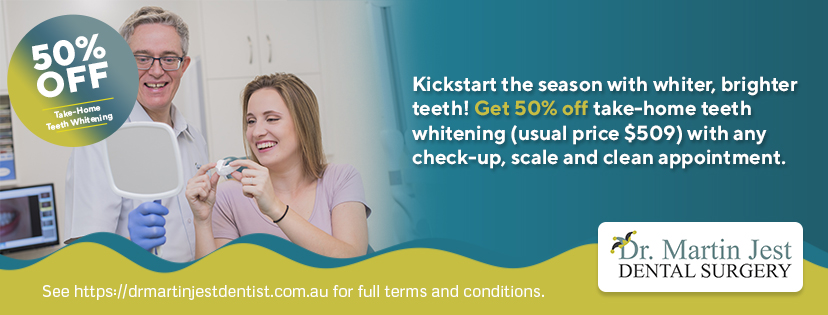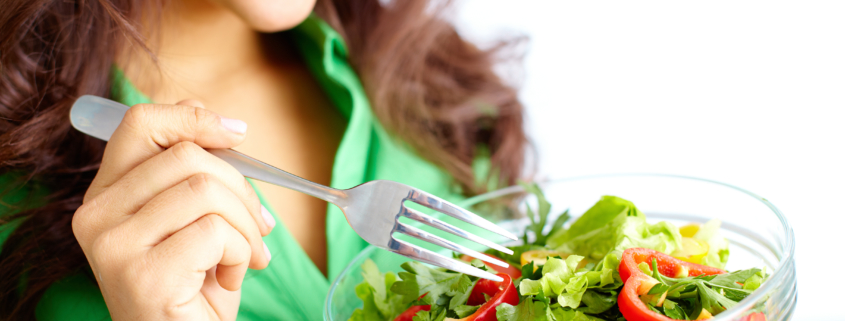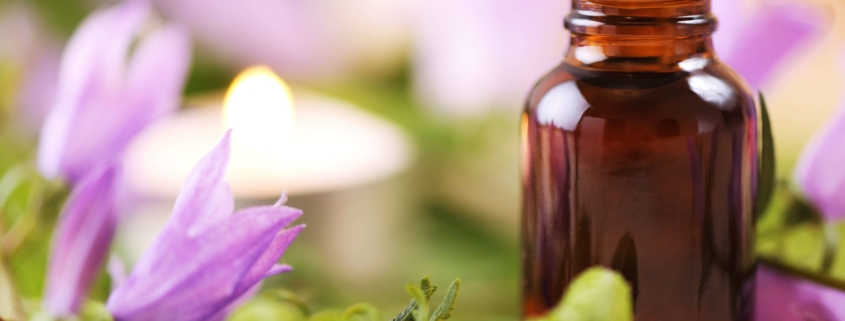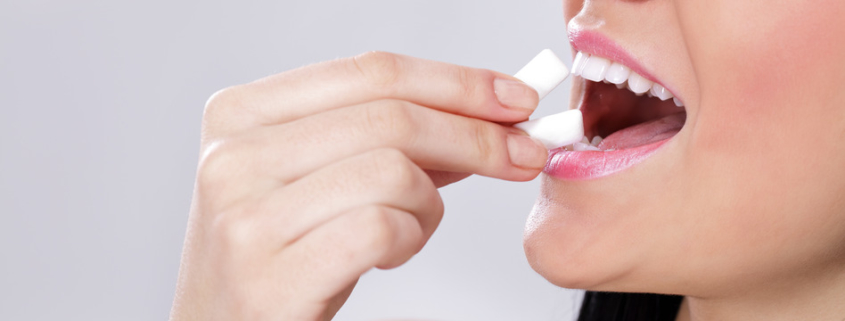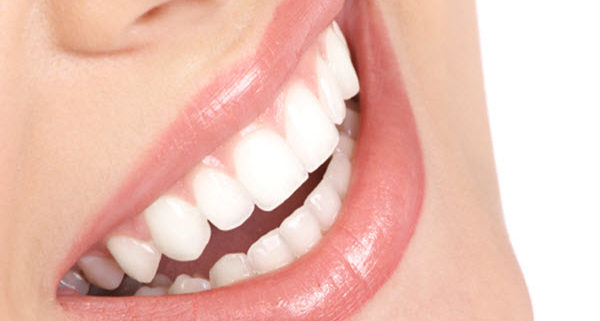Eating
Affects your Teeth
Eating habits determine the health and hygiene of your mouth as
well as your general body health. Excessive intake of alcohol, junk food like
pizza, burgers etc. can cause danger to your teeth and gums. Moreover if you
are a sweet lover, then your health is at risk. This is because ice creams,
chocolates, bubble gums and sticky sugars will remain attached to your teeth
and gums and will become fodder for bacteria. This often leads to gum disease
and tooth decay.
What Can Parents Do?
Parents need to be aware of which foods are good or bad for their
child’s health. Therefore they must try to include nutrient-rich food in their
children’s diet so that they will get the proper nourishment needed to maximize
their children’s oral health. The following tips will help children maitain
that healthy smile.
Healthy
Eating Tips
Dental health care professionals have listed the following
important tips for children in order to keep their teeth and gums fit and
healthy.
- Avoid eating
sugary foods especially chocolates and sweets, if you need to have a sweet fix
get used to eating some fruit. If you must have sugary things eat them in one
go and don’t spread them over a long time. Remember the sugars they contain
allow the bacteria that eat them to cause a decay environment for over an hour
in your mouth!
- Make a habit
of only eating three main meals a day, breakfast, lunch and dinner and always
brush your teeth after a snack or meal.
- Use a good
quality toothbrush, mouthwash and toothpaste in order to get that perfectly
healthy smile.
Healthy
Eating Foods
The
following food items are really helpful as far as your oral health and hygiene
is concerned.
These items include:
- Crunchy foods
Crunchy foods like apples nuts and carrots are good for teeth.
They rub away the soft plaque that sticks to teeth and causes tooth decay.
Carrots have a sweet flavour and are a great sweet snack that your mouth loves!
(Just remember not to go too crazy with carrots or carrot juice though as they
can make your skin go yellow/orange.)
- Sugar free
Chewing Gum – breath freshening and saliva stimulation
Use of Sugar free gums after eating have proven successful in
research, reducing decay by increasing the saliva flow and consequently
flushing away sugars from the mouth. Remember that after every meal the
bacteria produce enamel dissolving acids for about an hour and a half – so the
worst thing you can for your teeth is to have a “breath freshening” mint – a
flavoured sugar capsule – every hour. This causes uncontrolled decay.
Water assists in keeping the mouth hydrated and moistened with
healthy saliva. Becoming dehydrated in Queensland is a real problem. Your urine
should be pale yellow and not dark. One and a half to two litres of fluid per
day is the recommended intake for an adult. This includes all the fluids that
you drink but for your health the
majority of this should be water – definitely not soft drink or citrus
juice which dissolves teeth! Saliva takes part as a defensive shield to your
teeth and gums in your mouth and can help in saving teeth from acid attack.
Different research
studies have proven the fact that cheese is healthy for your teeth. Cheeses
have special substances that can maintain the pH level of your mouth and
saliva. It also helps out in the strengthening the enamel layer of teeth. So
pack it in with your childrens school lunch as well as an apple. They go so
well together, one bite of cheese stick one bite of apple – Yum!
Most people love their morning coffee. But, like many of our favourite foods and drinks, coffee can potentially cause problems for your teeth.
What’s the problem with coffee
Coffee contains tannins that stain teeth and creates acid that can
damage tooth enamel. The addition of sweeteners also creates a bacterial
playground in your mouth, setting up prime conditions for dental decay and
halitosis (bad breath).
However, the most apparent effects of when coffee and teeth meet are not particularly threatening but cosmetic.
Tannins in coffee will eventually stain teeth, turning those high-beam pearly
whites into yellow-hued sodium lights.
Do I have to give up coffee?
Not all. Certain coffees actually have compounds that help prevent
tooth decay. Besides, if we gave up
everything that was potentially harmful to our teeth we’d have a bleak
existence indeed. Nor is total
elimination of our favourite morning
beverage a practical measure. Running damage control on the effects coffee has
on your teeth is a far more realistic solution.
What can I do
about it?
Fortunately, there are several proactive measures you can take
when coffee and teeth come together to make sure your dental health isn’t
adversely affected. Like drinking your coffee without bacteria-feeding
sweeteners that allow their waste products to attack tooth enamel. Limiting
coffee intake is a good idea. If that’s not an appealing idea, it’s even more
important for you to:
- Thoroughly brush your teeth after
you’ve had coffee.
- Vigorously swish your mouth out
with water when you don’t have immediate access to a brush and paste.
- Have a snack. Eating before and
after drinking coffee reduces the effects it has on your teeth.
Helpful hint: Apples have fibres that break down the sticky
coating coffee leaves behind.
Many Dentists drink coffee too!
The most important thing you can do to counteract the damage
coffee consumption can do to your teeth is to visit your dentist.
Having a six-month dental exam and
cleaning is key to maintaining healthy teeth and overall oral health. Plus,
regular dental cleanings alleviate the stains that coffee can leave behind.
Your dentist may even suggest you periodically brush with stain-removing baking
soda, but wait until he suggests it – It is more abrasive than normal
toothpastes and can cause tooth wear!
If
you are still concerned about the adverse effects coffee may have on your
teeth, contact your dentist for more comprehensive information on how to
maintain optimal dental health when coffee and teeth meet.

